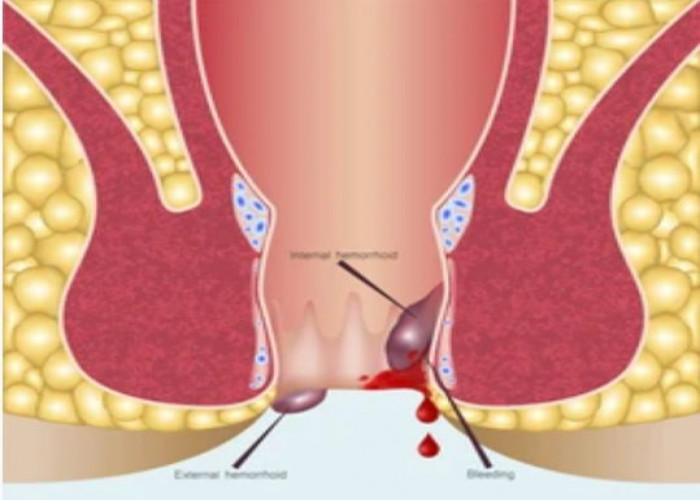 Welcome
Welcome
“May all be happy, may all be healed, may all be at peace and may no one ever suffer."
Anal fissure

An anal fissure is a tear or split in the skin that lines the anus, causing pain and sometimes bleeding during bowel movements. Anal fissures are common and can be caused by several factors, including constipation, diarrhea, and straining during bowel movements.
Symptoms of an anal fissure may include pain or burning during or after a bowel movement, bright red blood on the toilet paper or in the toilet bowl, and a small tear or split in the skin near the anus.
Treatment for anal fissures typically involves managing the underlying cause of the fissure, such as improving bowel habits or treating underlying digestive issues. This may include increasing fiber and fluid intake, using stool softeners, or taking over-the-counter pain relievers.
In some cases, surgery may be necessary to correct an anal fissure, especially if it does not heal on its own or is causing persistent symptoms.
If you are experiencing symptoms of an anal fissure, it is important to see a healthcare provider for an accurate diagnosis and appropriate treatment. With proper care and treatment, most anal fissures can be successfully treated and healed.
Research Papers
Disease Signs and Symptoms
- Anus bleeding
- Pain while having a bowel movement
- Bright red blood on the stool or toilet paper after a bowel movement
- A visible crack in the skin around the anus
- A small lump or skin tag on the skin near the anal fissure
Disease Causes
Anal fissure
Common causes of anal fissure include:
- Passing large or hard stools
- Constipation and straining during bowel movements
- Chronic diarrhea
- Anal intercourse
- Childbirth
Less common causes of anal fissures include:
- Crohn's disease or another inflammatory bowel disease
- Anal cancer
- HIV
- Tuberculosis
- Syphilis
Disease Prevents
Anal fissure
You may be able to prevent an anal fissure by taking measures to prevent constipation or diarrhea. Eat high-fiber foods, drink fluids and exercise regularly to keep from having to strain during bowel movements.
Disease Treatments
Anal fissures often heal within a few weeks if you take steps to keep your stool soft, such as increasing your intake of fiber and fluids. Soaking in warm water for 10 to 20 minutes several times a day, especially after bowel movements, can help relax the sphincter and promote healing.
If your symptoms persist, you'll likely need further treatment.
Nonsurgical treatments
Your doctor may recommend:
- Externally applied nitroglycerin (Rectiv), to help increase blood flow to the fissure and promote healing and to help relax the anal sphincter. Nitroglycerin is generally considered the medical treatment of choice when other conservative measures fail. Side effects may include headache, which can be severe.
- Topical anesthetic creams such as lidocaine hydrochloride (Xylocaine) may be helpful for pain relief.
- Botulinum toxin type A (Botox) injection, to paralyze the anal sphincter muscle and relax spasms.
- Blood pressure medications, such as oral nifedipine (Procardia) or diltiazem (Cardizem) can help relax the anal sphincter. These medications may be taken by mouth or applied externally and may be used when nitroglycerin is not effective or causes significant side effects.
Surgery
If you have a chronic anal fissure that is resistant to other treatments, or if your symptoms are severe, your doctor may recommend surgery. Doctors usually perform a procedure called lateral internal sphincterotomy (LIS), which involves cutting a small portion of the anal sphincter muscle to reduce spasm and pain, and promote healing.
Studies have found that for chronic fissure, surgery is much more effective than any medical treatment. However, surgery has a small risk of causing incontinence.
Disease Diagnoses
Disease Allopathic Generics
Disease Ayurvedic Generics
Disease Homeopathic Generics
Disease yoga
Anal fissure and Learn More about Diseases

N/A
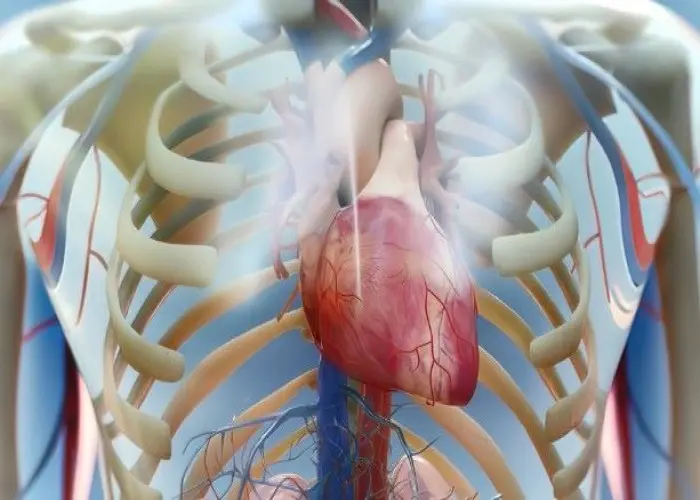
Cardiac Failure
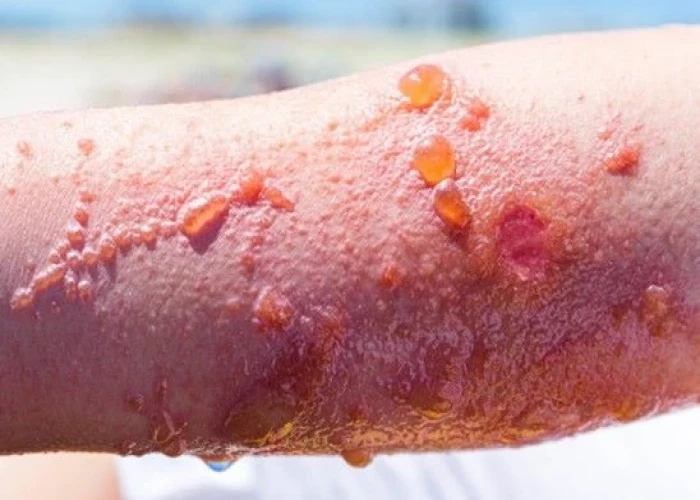
Poison ivy rash
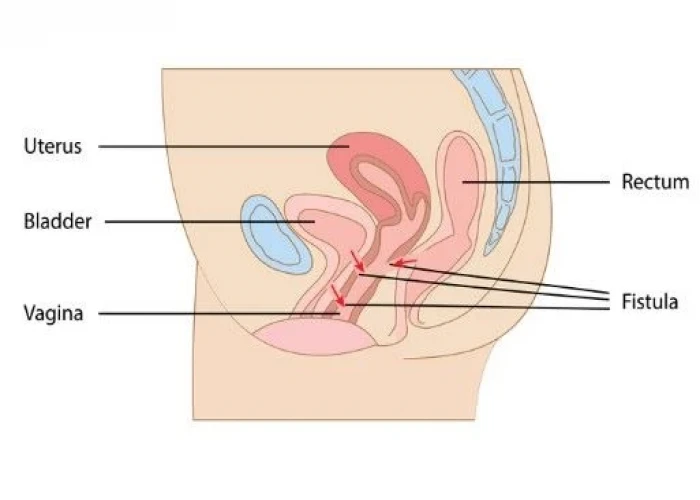
Rectovaginal fistula

Heatstroke
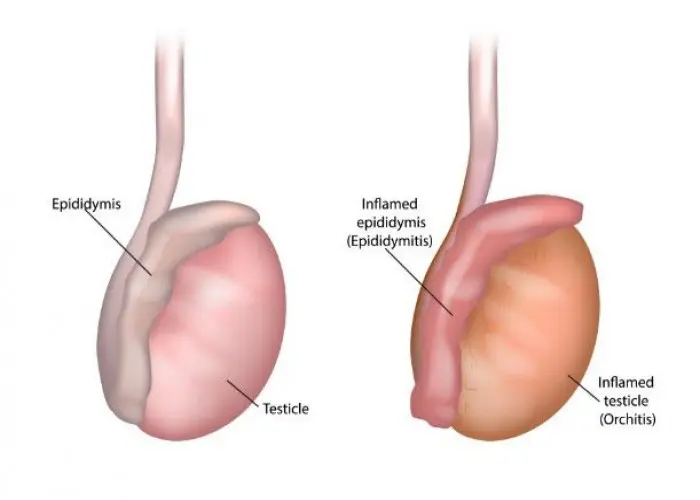
Epididymitis
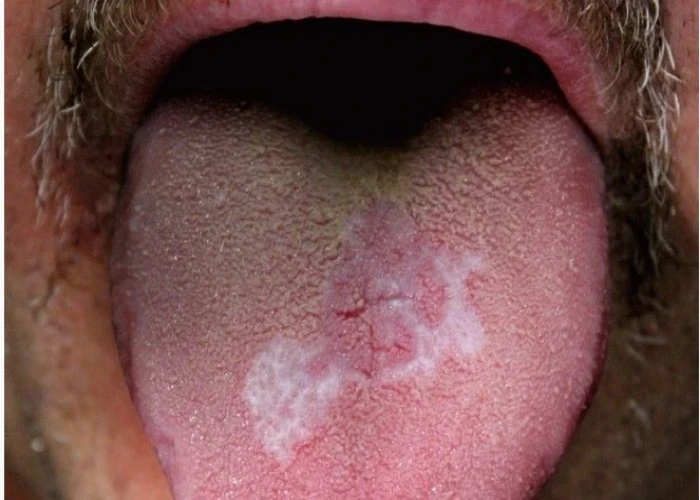
Oral lichen planus

Wilson's disease
Anal fissure, Anal fissure treatment, Chronic anal fissure, অ্যানাল ফিসুরি
To be happy, beautiful, healthy, wealthy, hale and long-lived stay with DM3S.
